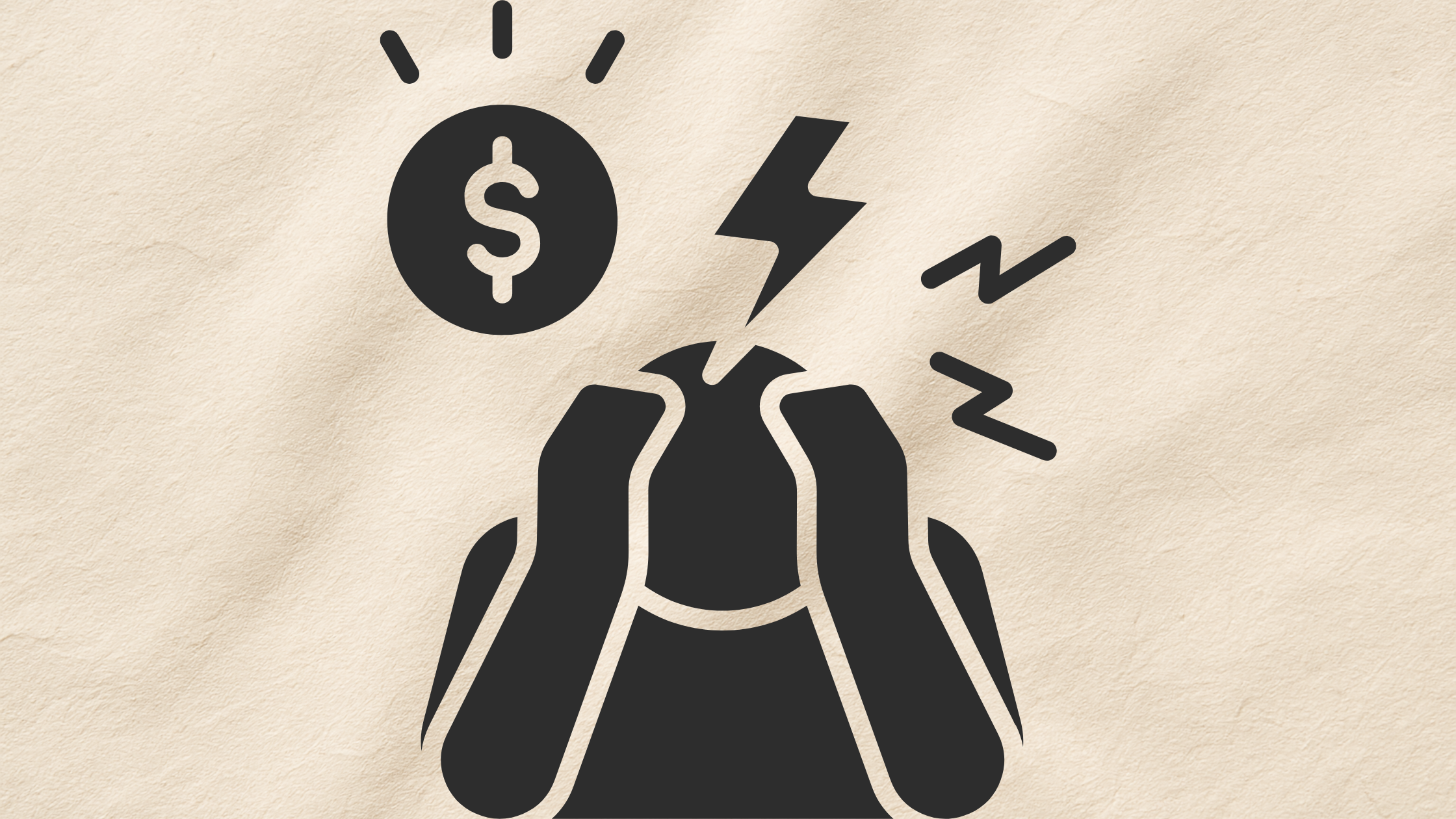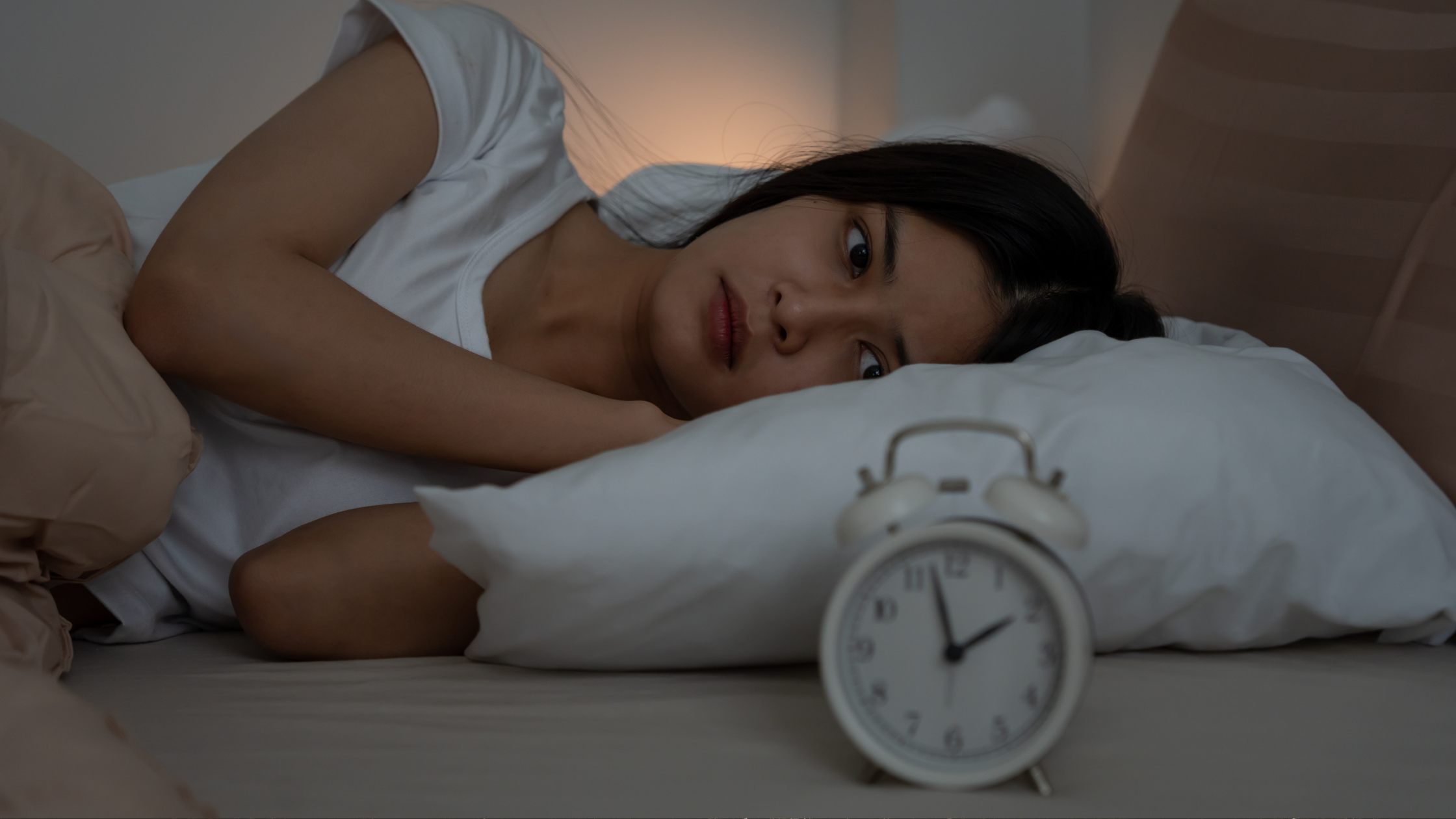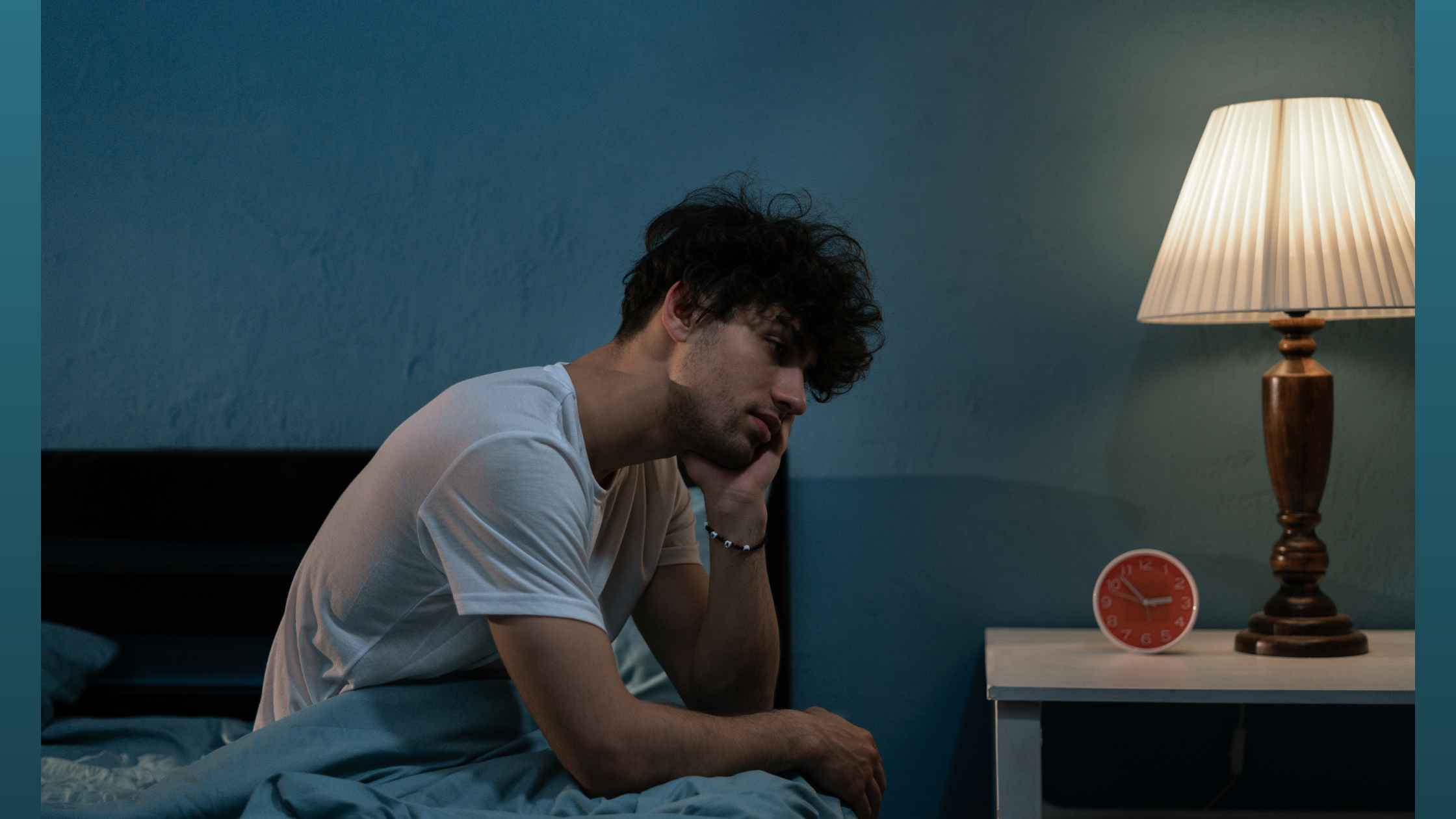Financial stress is often discussed in terms of budgets, debt, and long-term security—but one of its most immediate and underestimated consequences happens every night in bed. Worrying about money doesn’t just occupy your thoughts during the day; it follows you into the dark, interferes with your body’s ability to rest, and quietly erodes sleep quality over time.
The connection between financial strain and sleep is not simply psychological. It is deeply biological, behavioral, and cyclical—creating a feedback loop that can be difficult to break without awareness and intentional intervention.










